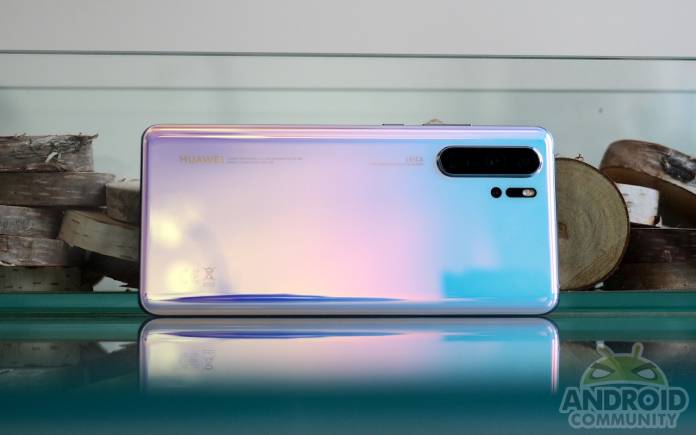
This seems old news but the story is still the same. The Trump government is once again extending the US telecom supply chain order. This means ZTE and Huawei still can’t do business in the country. It’s that or the other way around–American firms can’t do business with Huawei. It doesn’t matter how you see it. Companies in the US are not allowed to work with the top Chinese mobile OEM. ZTE is also not allowed even if it already has a presence in the States.
It’s almost a year ago since Google decided to cut ties with Huawei. The decision caused other companies and OEMs to follow suit. The main call was to stop working with Huawei. Interestingly, some brands that previously ended their relationship with Huawei soon reverted their decision.
US firms needed a license from the government to sell to Huawei. Some companies were allowed by the U.S. Commerce Department to still work with Huawei. Another extension is said to be given because the current one is set to expire tomorrow, May 15, Friday.
The temporary licenses are said to be extended by the department. This means businesses will go on. The extension could be a response to people’s feedback when asked about the impact on a company or organization. Perhaps these companies are saying impact is not good and so an extension is needed.
The CTIA (Cellular Telecommunications Industry Association) actually urged the U.S. Commerce Department to approve a long-term license extension. The group said “now is not the time to hamper global operators’ ability to maintain the health of the networks” and we can all agree. It also asked the department to “reinstate and modify its prior authorization for standards development work to allow for exchanges with Huawei in furtherance of global telecommunications standards.”
There is no word from either Huawei or the Commerce Department. Huawei is still on the US’ economic blacklist. It can still buy products from the US so there won’t be any business interruption. Unfortunately, ZTE and Huawei are still considered as national security risks by the FCC.









